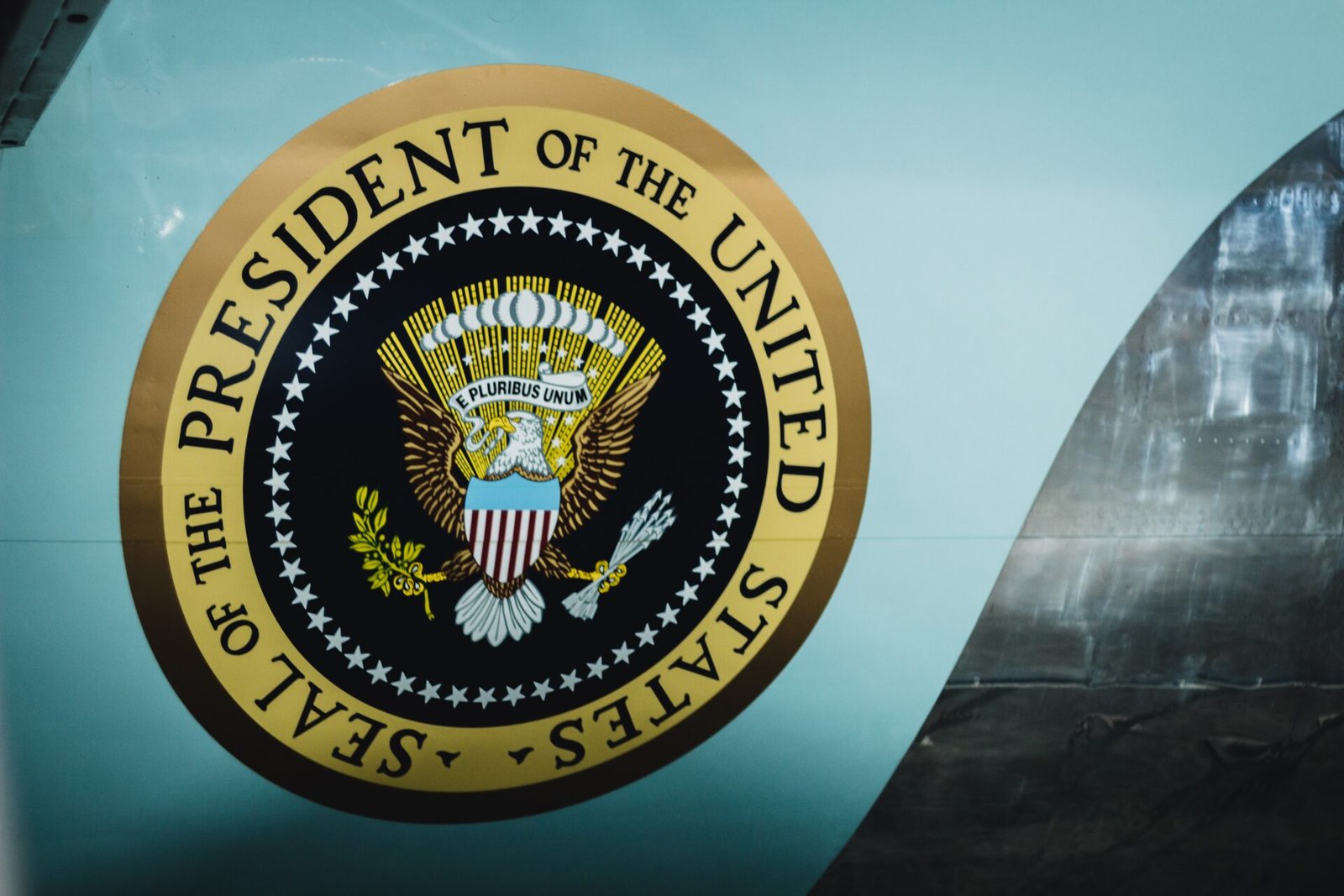The anticipated state visit of U.S. President Joe Biden to Vietnam, set for mid-September, is on everyone’s radar, not just for its diplomatic symbolism but also for the tangible outcomes it promises. As Politico recently reported, citing three individuals well-versed with the proposed deal’s itinerary, President Biden is set to ink a groundbreaking strategic partnership agreement with Vietnam.
Unveiling the Strategic Partnership
At the heart of this partnership is an ambitious plan aimed at fostering new bilateral collaboration, specifically enhancing Vietnam’s rapidly growing high-technology sector. The Southeast Asian nation has been actively steering its economy towards more advanced technological sectors in recent years. According to Politico, the focal points of this new collaboration would encompass semiconductor production and the blossoming field of artificial intelligence (AI).
This move is both strategic and timely. Semiconductors, the lifeblood of modern electronics, are a critical resource in the global technological race. AI, on the other hand, stands as one of the most potent technological innovations, promising transformations across industries. With this agreement, Vietnam stands to accelerate its journey towards becoming a technological heavyweight in the region.
The Weight of the Visit
An insider, who divulged details to Reuters, confirmed President Biden’s considerations for a September jaunt to Vietnam. Earlier in the month, Biden himself had hinted at this impending travel, expressing that Vietnam was keen on intensifying its ties with the U.S. and aspired to emerge as a pivotal partner. This assertion by the U.S. President underscores the increasing importance Vietnam holds in Washington’s broader geopolitical and economic strategy.
However, as of now, official confirmations regarding President Biden’s travel plans from the White House remain pending. The foreign ministry of Vietnam, when probed about the visit, chose to remain tight-lipped. Ministry spokesperson, Pham Thu Hang, when confronted with queries about a possible Biden visit, neither validated nor refuted the speculations.
During a regular press briefing, Hang remarked, “High-level leaders of the two nations have arrived at a consensus. They’re engaged in discussions centered on amplifying bilateral relations, ensuring these are substantive, stable, and long-term. The goal is to escalate these relations to unprecedented heights whenever feasible.”
The Historical Context and Broader Implications
The historical tapestry of U.S.-Vietnam relations is intricate. But recent events reflect a shared desire to foster closer ties. One pivotal moment occurred in April when Vietnamese Prime Minister Pham Minh Chinh and U.S. Secretary of State Antony Blinken met. Both leaders voiced an aspiration to deepen the bilateral bond.
Washington’s initiative to cement relationships with Asian partners becomes even more crucial in the backdrop of China’s rising assertiveness in the region. Vietnam, given its geopolitical location and burgeoning economic potential, emerges as an ideal partner for the U.S.
However, officials are yet to elucidate the specifics of what “deepening ties” translates to. Analysts and international relations experts believe that, besides economic and technological cooperation, the reinforced relationship could also manifest in the form of enhanced military cooperation. This might even extend to the U.S. supplying weapons to Vietnam, a prospect that would be watched closely by international observers and neighboring countries.
A New Dawn in U.S.-Vietnam Relations?
The forthcoming state visit, if it materializes, is symbolic of the changing tides in international diplomacy. For Vietnam, this partnership could act as a catapult, propelling it to the forefront of technological advancements. For the U.S., Vietnam is more than just a strategic partner; it’s a testament to America’s continued commitment to Asia.
In the grander scheme, this strategic partnership could be a cornerstone, setting the stage for a more collaborative and integrated Southeast Asia. The focus on high technology sectors such as semiconductor production and AI resonates with global economic trends, indicating that both nations are keen on future-proofing their economies and ensuring sustained growth.
Conclusion
While the world awaits official confirmations and more details on this partnership, the very prospect of such an alliance signals a fresh chapter in U.S.-Vietnam relations. It underscores the evolving dynamics of global partnerships and the strategic importance of technology in shaping diplomatic ties in the 21st century.
Read More:
